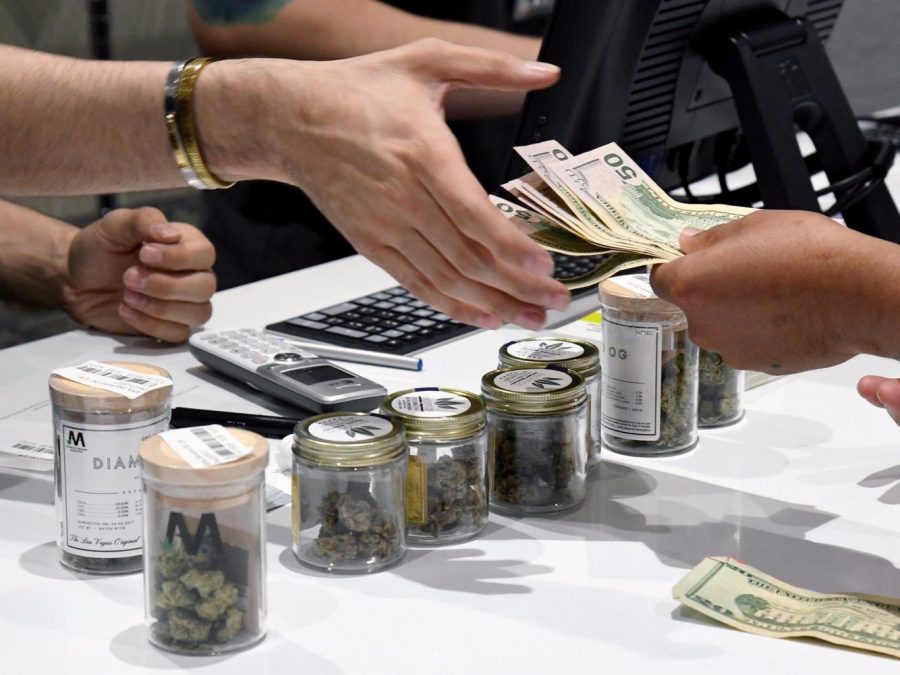Where California cannabis legalization goes from here
Thor Benson / Cannabis News Box Contributor
Social use cannabis sales began in California on the 1st of January, but there are still quite a few regulatory issues to address. California is currently operating under temporary emergency regulations so sales could commence, and the details of the permanent regulations will be hashed out over the next year.
Tamar Todd, director of the office of legal affairs at the Drug Policy Alliance, told Cannabis News Box she thinks regulations are shaping up nicely so far. She said there are still important topics that are surrounded by uncertainty, but she’s hoping lawmakers will figure out the best course ahead soon. Part of the problem, as always, is the unclear intentions of the federal government when it comes to cannabis.
“There are some big federal issues—banking, taxes and more—that are surrounded by uncertainty, which is not helpful,” Todd said.
To Todd, the most important part of Prop. 64 passing began before January started. Right after citizens voted to legalize, those in prison for cannabis-related crimes were able to file for a release, and those with cannabis-related crimes on their records could file to have those crimes expunged, or taken off your record. She said thousands have already submitted paperwork to get released or clear their record, but thousands more have not, which might be because they’re not aware of that part of the law.
“We need to do a better job at getting the information out there so people know they can do this,” Todd said.
One thing California still hasn’t decided is what is considered intoxicated driving, when it comes to THC levels. States like Washington have made it so that a blood test that shows a minimal amount of THC in the blood can get someone a DUI. The level is so low that almost any regular user would be above the set limit.
“It was very intentionally not put in the initiative to do something like Washington State did,” Todd said. She’s hoping California will make a more reasonable, science-based decision when it comes to determining who is too intoxicated to operate a vehicle.
“Prop. 64 did provide money for research on science-based impairment tests and on implementation and effects, which could include research on road safety,” Todd said.
One last big thing lawmakers should focus on is repairing the damage the prohibition of cannabis caused in California and helping create a diverse cannabis industry. “I have really high hopes we’re going to create some equity in the industry and… some restorative justice for the harms caused by prohibition,” Todd said. P
eople of color were hurt most by the prohibition of cannabis in California and across the country, so it’s important that lawmakers help those communities heal and give them the opportunity to become part of this new industry.














